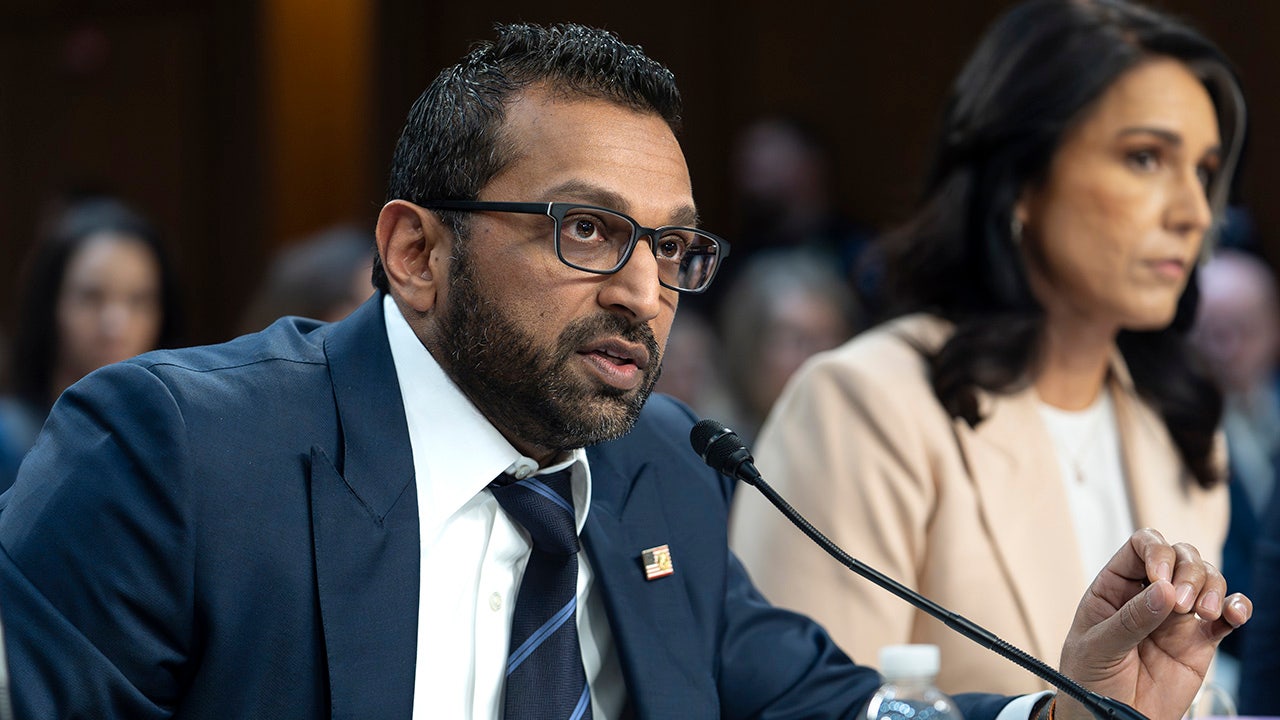Ukraine's ambassador to Germany has praised the country's new leader for keeping the extent of weapons deliveries for Kiev under wraps, in what is seen as an attempt to create "strategic ambiguity" aimed at leaving Russia in the dark about Ukraine's capabilities.
After taking office last week, German Chancellor Friedrich Merz agreed with Defence Minister Boris Pistorius to stop detailed publications of arms deliveries to Ukraine, including exact quantities.
Merz's predecessor Olaf Scholz pursued the same practice in the first months of the full-scale Russian invasion of Ukraine launched in February 2022, but his administration later succumbed to public pressure and began publishing a detailed list of the shipments online in June that year.
It was last updated on May 6, the day the new government took office in Berlin.
Merz, at the time the conservative opposition leader, sharply criticized the practice of keeping the details of arms shipments under wraps.
"We are being kept in suspense, there are excuses, there is no precise information about what Germany is actually supplying," he told broadcasters RTL and n-tv at the time, pledging he would "inform the public better" if he was elected chancellor.
"A good chess player thinks several moves ahead. What he doesn't do is predict these moves to his opponent," Ambassador Oleksii Makeiev told dpa, welcoming Merz's change of course.
Makeiev's predecessor Andriy Melnyk, on the other hand, criticized Merz for his u-turn, calling the approach a "very strange" practice that brought back "bad memories" of Scholz's centre-left administration which Melnyk claimed sought to mask restraint in arms deliveries by secrecy.
Melnyk argued that publishing the exact extent of the military aid would send a strong signal to Russia and have a preventative effect.
Ukrainian President Volodymyr Zelensky (R) welcomes German Chancellor Friedrich Merz in front of St. Mary's Palace in Kyiv. The meeting with European leaders aims to push for a 30-day ceasefire. Kay Nietfeld/dpa
.png)
 German (DE)
German (DE)  English (US)
English (US)  Spanish (ES)
Spanish (ES)  French (FR)
French (FR)  Hindi (IN)
Hindi (IN)  Italian (IT)
Italian (IT)  Russian (RU)
Russian (RU)  6 hours ago
1
6 hours ago
1










Comments